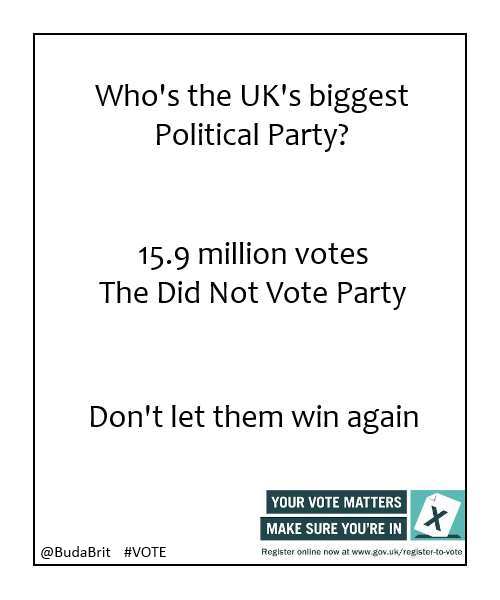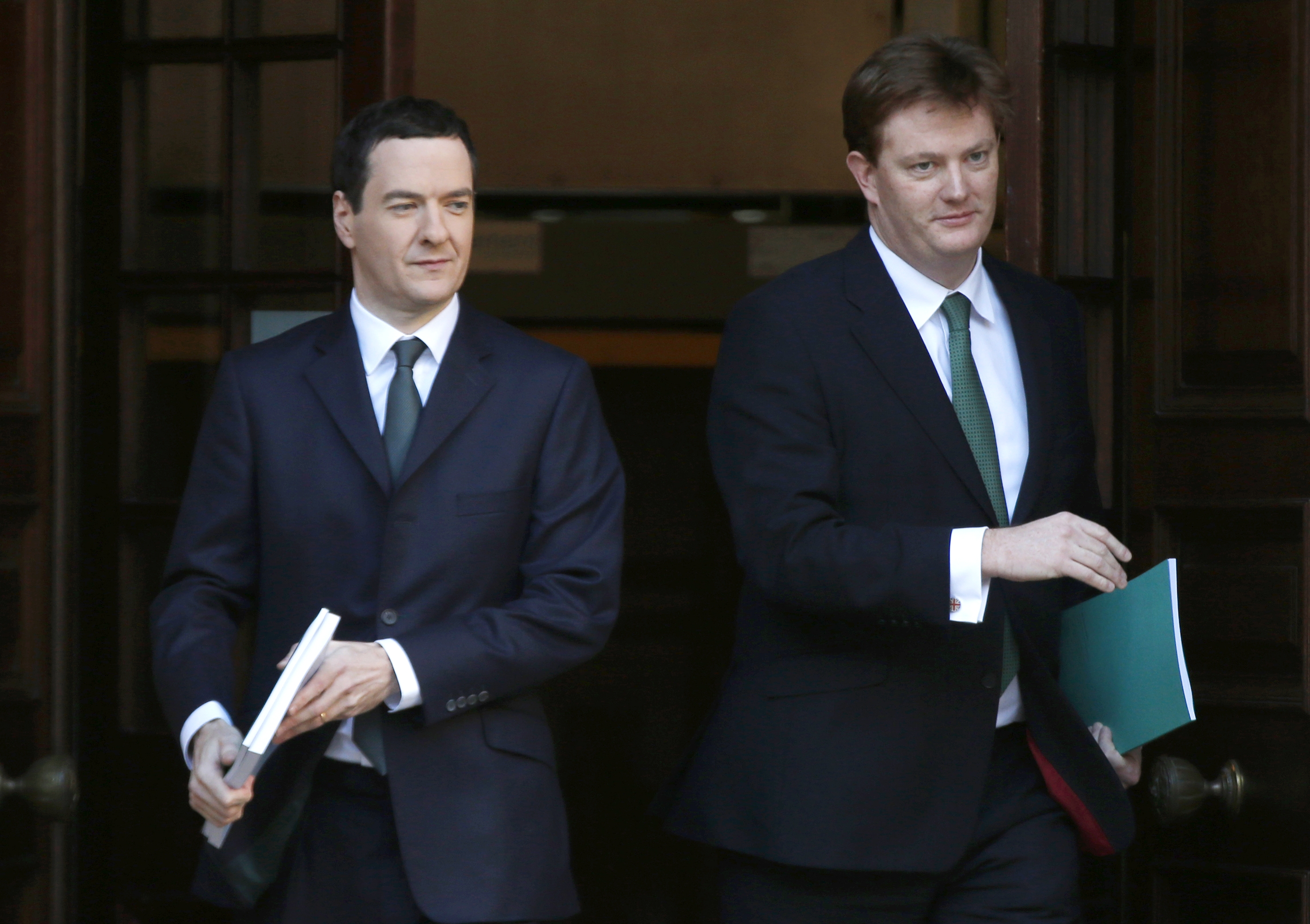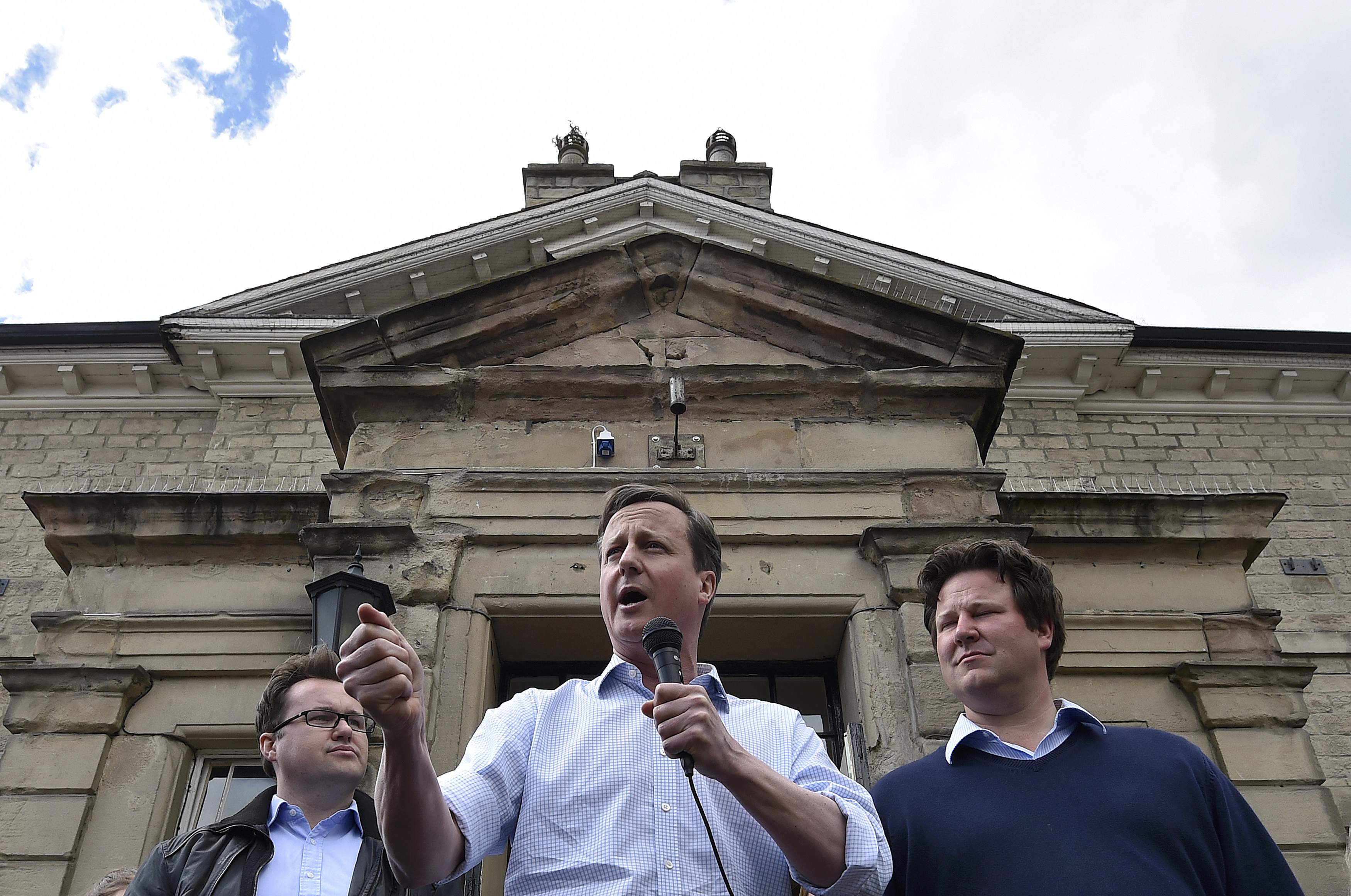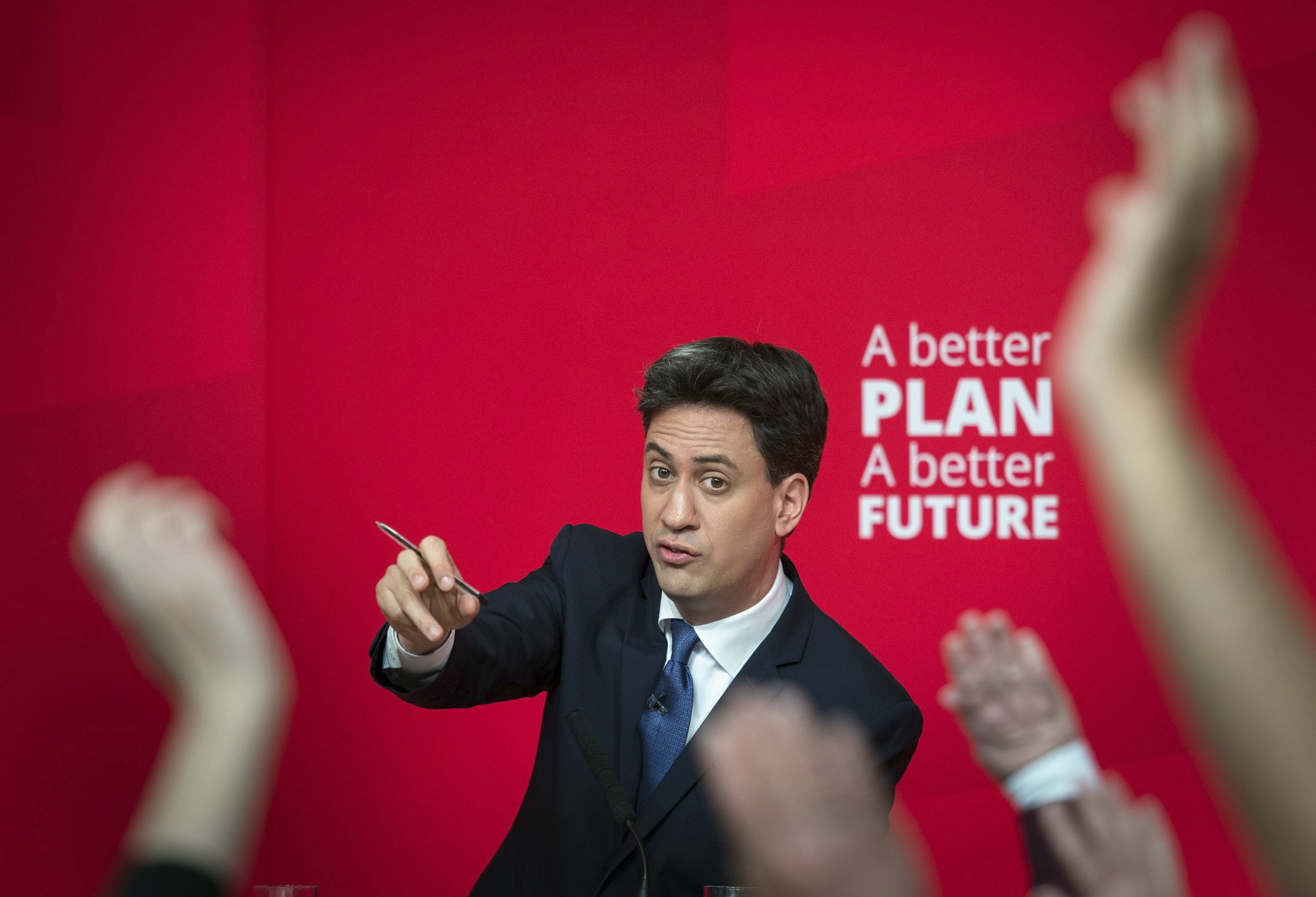With the General Election exactly a week away, I am delighted to report on a new initiative to tackle electoral fraud.
The “Don’t Stand for Electoral Fraud” project from Crimestoppers, the crime-fighting charity, is perfectly timed. It will see a four-pronged attempt to tackle those who intimidate voters, bribe voters, steal postal votes and vote for someone else.
The move follows a partnership between Crimestoppers, the charity that I founded 27 years ago, and the Electoral Commission, the independent elections watchdog and regulator of party and election finance.
I am delighted that the Electoral Commission has embraced this project and I hope it will mark the beginning of a long and happy association between Crimestoppers and the elections watchdog.
As with all Crimestoppers’ work, we are urging the public to be our “eyes and ears” and to report any evidence or suspicions that they may have of criminal activity in this field – by using our on-line form or our 0800 555 111 begin_of_the_skype_highlighting 0800 555 111end_of_the_skype_highlighting number to highlight their concerns anonymously.
Depending on the nature of the alleged offence or malpractice, it will then be up to the police and/or the relevant Electoral Registration Officer/Returning Officer to pursue further inquiries aimed at preventing the fraud and catching the offenders.
The key message of the new initiative is: “One person, one vote – that’s how democracy works. We each get one ballot and one vote. This is our right and it is our right to vote freely for whoever we want, without anyone doing anything to stop us.”
There are other areas of electoral fraud, apart than the four main ones listed above, that Crimestoppers hopes to tackle. These include:
- Treating – Paying for food, drink or entertainment in exchange for voting or not voting,
- Multiple voting – It is illegal to vote on behalf of someone else unless you are officially appointed their proxy,
- Secrecy – Each ballot paper is secret, asking someone to reveal their ballot paper is an offence,
- False registration information – It is an offence to deliberately give wrong information when applying to register, get a postal vote or get a proxy vote.
Early last year a report entitled “Electoral fraud in the UK”, presented by Jenny Watson, chair of the Electoral Commission, concluded simply: “Electoral fraud is a serious issue.”
As recently as last week, a London mayor who “cynically perverted” the religious feeling of his Muslim community and “silenced his critics with accusations of racism and Islamophobia” was removed from office after a bitter legal battle.
The disgraced Lutfur Rahman repeatedly played the “race card” in his bid to seize the mayoralty of Tower Hamlets and later cling to power, Richard Mawrey, the Election Commissioner, ruled.
It was ordered that last year’s mayoral election, which was riddled with corruption, be run again and Rahman – who was re-elected to the position after forming his own party, Tower Hamlets First – was barred from standing.
One again, I urge everyone to unite and make this crucial new Crimestoppers initiative a major success. Our forefathers fought for our right to vote and we must not allow criminals to wrestle it away from us.











